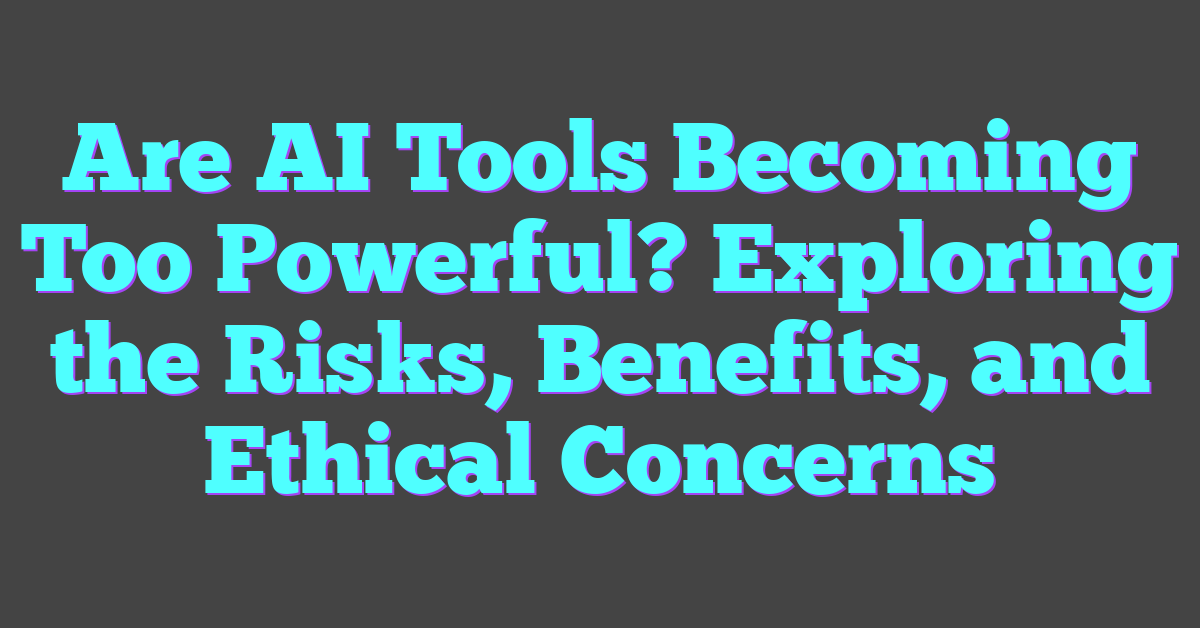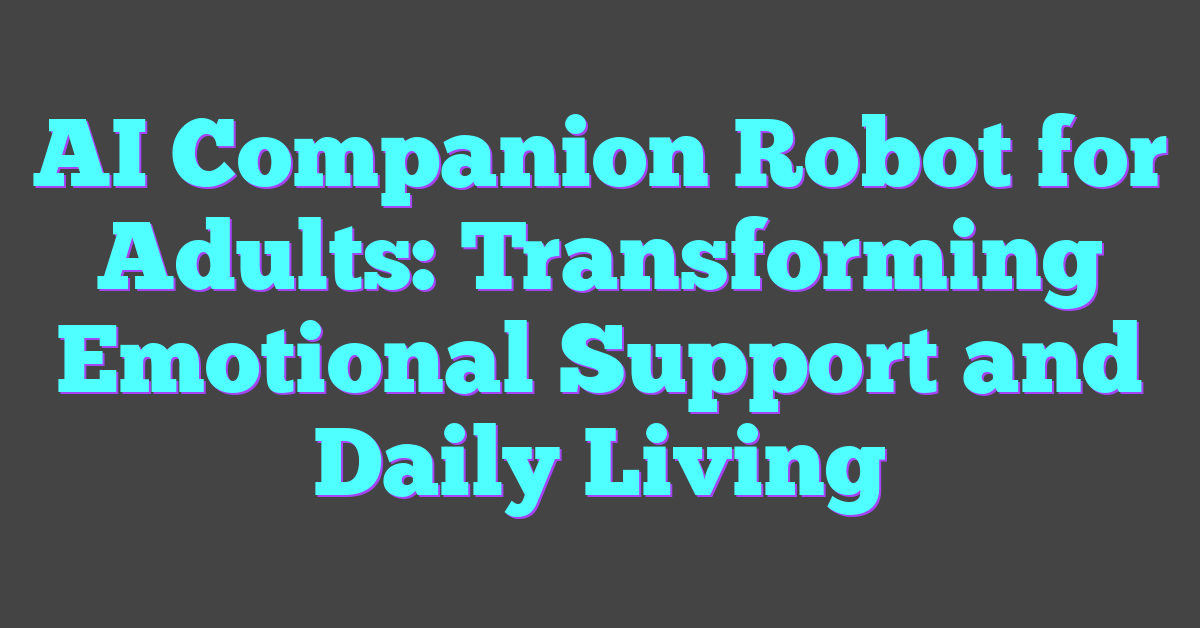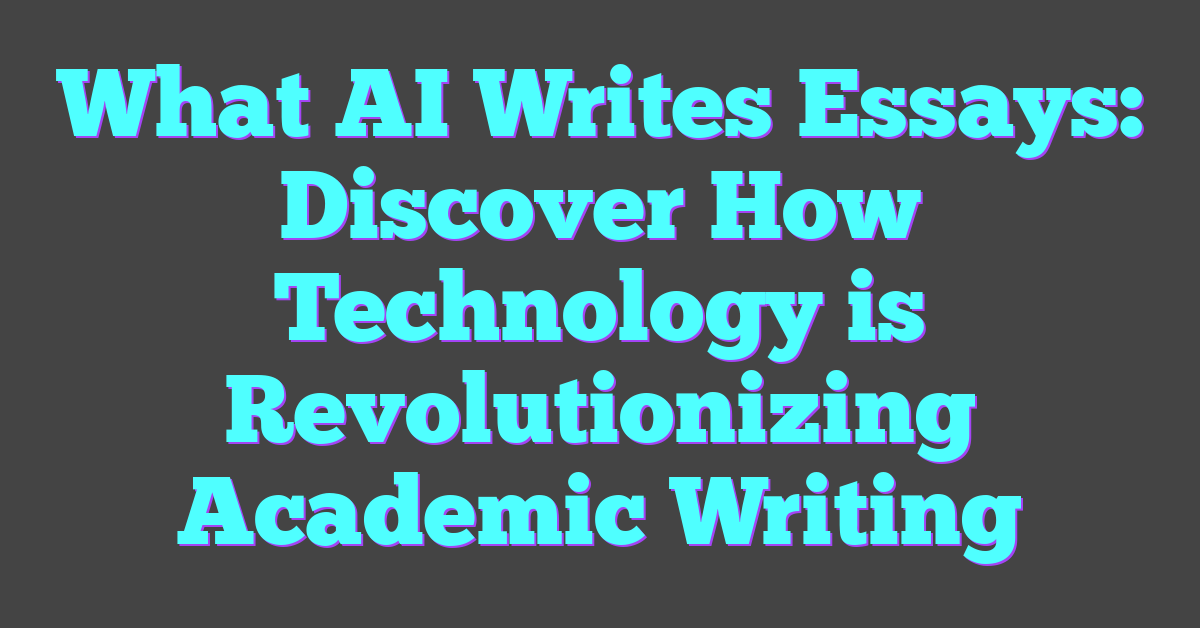Artificial intelligence (AI) tools are transforming our world at an unprecedented pace. From virtual assistants that manage our schedules to complex algorithms predicting market trends, AI’s capabilities seem almost limitless. But with this rapid advancement comes a pressing question: are these tools becoming too powerful?
As AI continues to evolve, it’s crucial to consider the implications of its growing influence. While the benefits are undeniable, there’s a growing concern about the potential for misuse and the ethical dilemmas it presents. Understanding the balance between innovation and control is key to navigating this new landscape.
The Rise of AI Tools
Artificial intelligence (AI) tools have evolved rapidly, transforming industries and everyday life. They empower businesses and individuals, providing unprecedented capabilities and efficiencies.

Current Landscape of AI Technology
AI technology now permeates multiple sectors, including healthcare, finance, and education. Hospitals use AI for diagnostic tools and treatment plans, while financial institutions deploy it for fraud detection and risk management. In education, AI personalizes learning experiences, catering to individual student needs. These advancements demonstrate AI’s versatile applications across diverse domains.
Examples of What AI Does Today
AI tools perform a wide array of functions:
- Virtual Assistants: Virtual assistants like Siri, Alexa, and Google Assistant streamline daily tasks, from setting reminders to answering queries.
- Recommendation Systems: Platforms like Netflix, Amazon, and Spotify use AI to suggest content based on user behavior.
- Predictive Analytics: Businesses leverage AI for market trend predictions, enabling more informed decision-making.
- Automation: AI automates repetitive processes in manufacturing, reducing human error and increasing efficiency.
These examples highlight how integral AI has become in enhancing productivity and improving user experiences.
Potential Risks of Powerful AI
As AI tools become more powerful, various risks emerge that require attention and consideration.
Ethical Considerations
Advanced AI tools can pose significant ethical challenges. Algorithms, which are at the core of AI, can reinforce existing biases if data sets contain biased information. For example, facial recognition technologies have shown higher error rates for minority groups, raising concerns about fairness and equity. Moreover, autonomous systems, like self-driving cars, face moral dilemmas, such as making life-and-death decisions in unavoidable accident scenarios. Addressing these ethical issues requires thorough evaluation and continuous improvement of AI systems to ensure they act responsibly.
Privacy and Security Concerns
Powerful AI tools often handle vast amounts of personal data, leading to privacy and security issues. Data breaches, for instance, can expose sensitive information, affecting individuals and organizations. Moreover, AI systems can be exploited for malicious activities, such as deepfake creation, which undermines trust and authenticity. To mitigate these risks, robust data protection measures and stringent security protocols must be enforced. Additionally, developing transparent AI systems can help build user trust and ensure proper accountability.
Benefits of Advanced AI Tools
Efficiency in Various Sectors
Advanced AI tools significantly boost efficiency in numerous sectors, automating routine tasks and enhancing productivity. In manufacturing, AI-driven robots handle repetitive tasks like assembly and quality control, reducing human errors. In logistics, machine learning algorithms optimize supply chain management, predicting demand and adjusting inventory levels. Financial sectors benefit from AI in automating processes such as fraud detection and risk management. Education sees streamlined administrative tasks through AI, allowing educators more time to focus on teaching.
Advancements in Healthcare and Science
AI is revolutionizing healthcare and science through groundbreaking advancements. In healthcare, AI systems analyze medical imaging more accurately and quickly, aiding in early disease detection. Predictive analytics in patient management helps in personalizing treatment plans, improving patient outcomes. In scientific research, AI accelerates data analysis, speeding up discoveries and innovation. Drug development sees significant improvements, with AI predicting molecular outcomes and optimizing clinical trials. These tools are pushing the boundaries of healthcare and scientific progress, delivering unprecedented results.
Regulatory Measures for AI
Implementing effective regulatory measures for AI is crucial to harness its benefits while mitigating risks. These measures ensure ethical standards, protect privacy, and promote transparency.
Government Involvement Worldwide
Governments globally are recognizing the need for AI regulation. In the European Union, the AI Act aims to ensure high-risk AI systems meet stringent safety requirements. The United States has introduced the Algorithmic Accountability Act, requiring companies to evaluate their AI systems for bias. In China, the Cyberspace Administration has issued guidelines to govern AI ethics and security. These regulatory frameworks reflect increasing governmental concern over AI’s potential impacts.
Impact of Regulations on AI Development
Regulations influence AI development by setting bounds within which innovation occurs. Compliance with data protection standards, like GDPR in the EU, ensures AI tools handle personal data responsibly. Ethical guidelines require AI systems to be transparent and unbiased. While some argue that regulations can stifle innovation, others believe they drive the creation of more robust and trustworthy AI systems. By holding developers accountable, regulations promote the responsible evolution of AI technology, balancing innovation with societal well-being.
Conclusion
The debate over AI’s growing power is multifaceted, with valid concerns and undeniable benefits. While AI’s potential to revolutionize industries and improve lives is immense, it’s crucial to address ethical and security risks. Striking a balance between innovation and regulation will ensure AI tools are developed responsibly, benefiting society without compromising safety or privacy. As AI continues to evolve, ongoing dialogue and collaboration among stakeholders will be essential in navigating this complex landscape.
Frequently Asked Questions
What are the main industries where AI is making an impact?
AI is significantly impacting industries like healthcare, finance, education, and manufacturing, enhancing productivity and user experiences through automation, data analysis, and intelligent systems.
What are some ethical concerns related to AI?
Ethical concerns include biased algorithms, moral dilemmas in autonomous systems, privacy issues, and the potential misuse of AI for malicious activities. Addressing these concerns requires robust data protection and ethical oversight.
How does AI improve productivity in healthcare?
In healthcare, AI enhances productivity by improving medical imaging analysis, aiding in patient management, accelerating scientific research, and assisting in drug development, leading to more accurate diagnoses and better patient outcomes.
What privacy and security risks are associated with AI?
AI’s use of vast amounts of personal data raises privacy and security risks. Malicious activities, data breaches, and unauthorized access can occur. Robust data protection measures and transparent AI systems are crucial to mitigate these risks.
Why is AI regulation important?
Effective AI regulation ensures the ethical use of AI, protects privacy, and promotes transparency. It balances innovation with societal well-being by setting legal and ethical standards, thus fostering responsible AI development and deployment.
How are governments addressing AI regulation?
Governments worldwide are implementing regulatory frameworks to govern AI ethics and security. These regulations influence AI development by establishing boundaries for innovation, ensuring that AI evolves responsibly while benefiting society.




